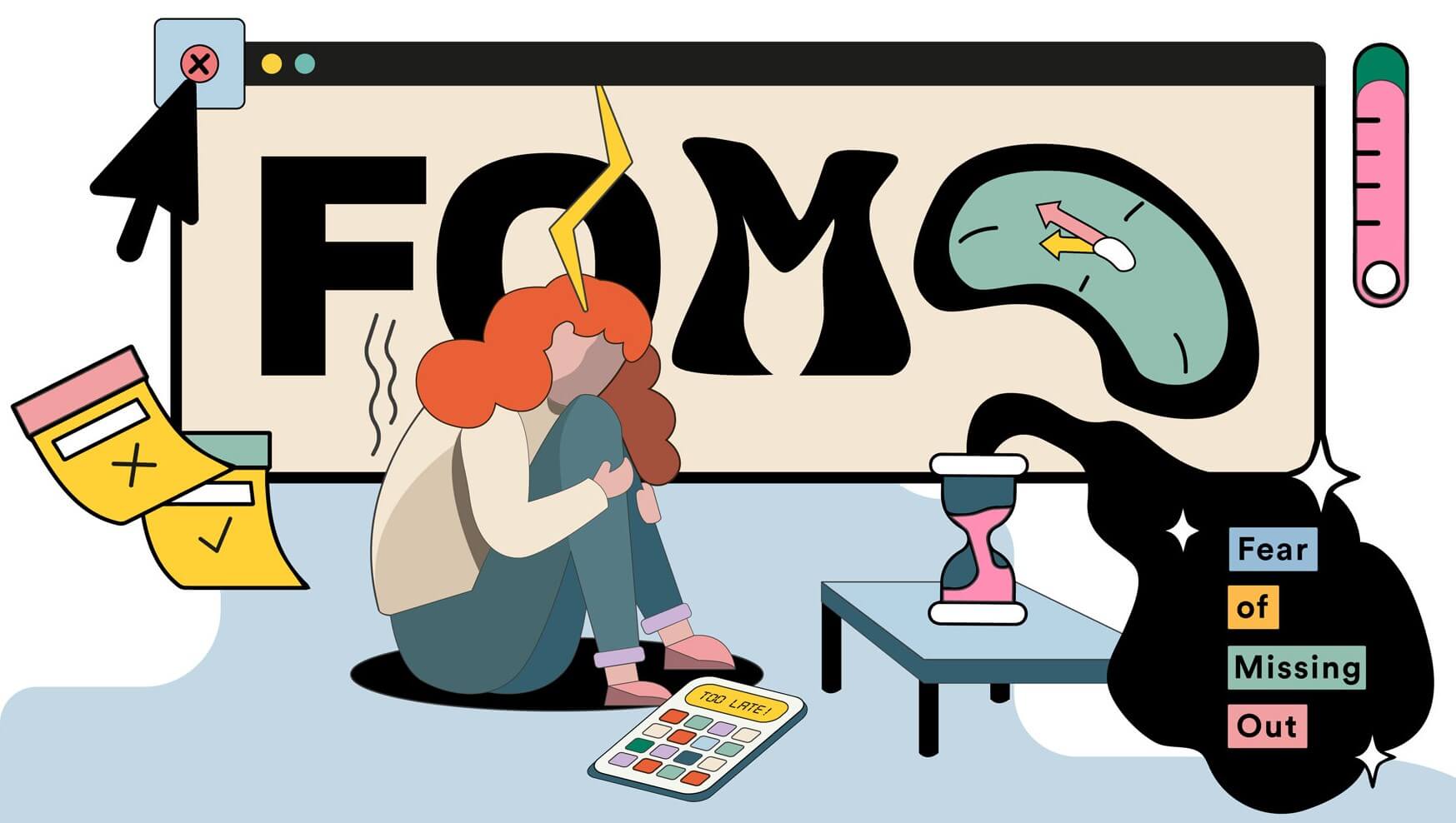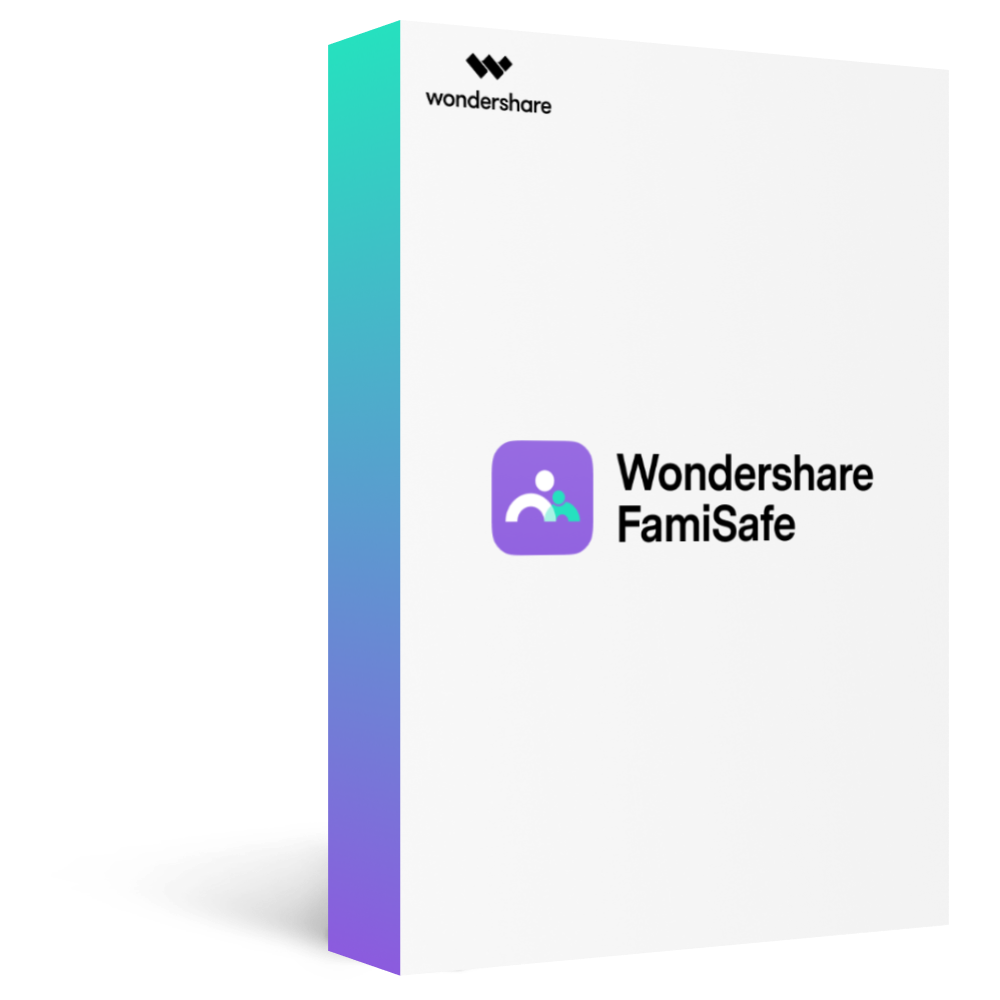The Most Reliable Parental Control App
FamiSafe lets parents control screen time, track real-time location and detect inappropriate content on kids' devices.
College is like a whole new world where we can learn many new things and establish a foundation for our future. A college is a place where we get rid of our school uniforms and learn how to dress up and communicate. However, as a newcomer, blending in might be challenging, especially if you are unfamiliar with the college students slang.

To indicate that they are members of the elite/cool group, most college students develop and use a unique lingo. These slangs are today extremely popular among young people. A language that may appear odd to anybody living outside the college bubble is profoundly rooted in today's campus culture. To keep you updated with the latest slangs and help you understand what these words mean, we have listed down the top 10 most popular slangs used by college students:
In this article
Part 1: Top 10 slangs for college student
1. Low Key

You're doing something "lowkey" if you're doing it quietly, so no one notices. It's an adverb that means you're being careful with your words. When you say something is low-key, you suggest that it is on a tiny scale instead of involving a lot of activity or being made to appear impressive or significant.
Example:
I am low-key freaked out after watching a horror movie.
2. Flex
To flex is to flaunt anything you have or do to get other people's attention. Flex is a college students slang phrase that means "to flaunt," whether it's your body, possessions, or whatever else you think is superior to others. Flexing is frequently condemned as a power-play perceived as arrogant and fake. It's as if you're saying, "Well, check out all the amazing stuff I have that you don't."
Example:
My biggest flex is that I don't need to leave the house. I am self-employed and work from home.
3. FOMO

The student slang "Fear of Missing Out" is abbreviated as FOMO. People with FOMO are particularly those in college who strive to attend all parties because they can't bear missing out on any pleasure.
Example:
I bought stocks at a high price due to FOMO.
4. Savage
A person or a statement is referred to as a savage. It's a college students slang frequently used to indicate anything offensive, out of line, or mercilessly expressed by someone. Although savage implies "wild" or "untamed" in the dictionary, the slang phrase uses this connotation to denote something cool.
Example:
My sister has no filters; she is plain savage.
5. Goat

A party, partner, or girlfriend might be the GOAT. You have the potential to be the GOAT. No, we're not referring to the goat as an animal. The "greatest of all time" student slang is abbreviated as "GOAT."
Example:
Ronaldo is the goat in football.
6. Throw Shade
"Disrespectful" is the meaning of shade. Shade is usually used in conjunction with the verb "to throw." Someone who "throws shade" publicly criticizes or despises another person. The student slang shade was formerly only associated with the drag queen culture and LGBT community. It has, nevertheless, grown considerably more mainstream in recent years.
Example:
You shouldn't throw shade on your classmate just because she is rich.
7. Woke

Being socially or politically conscious of the corruption, problem, or condition in a school, country, or government is referred to as being "woke." It's commonly referred to as "keep awake." This student slang is frequently used in talks regarding race and current events in a nation or worldwide.
Example:
He is woke about racism.
8. Keeping it 100
This college students slang refers to being honest and open about something without the fluff. The phrase can also be used to describe someone honest and trustworthy. It is frequently used while parting to remind someone to be themselves and live by their ideals regardless of what others think. Keep it 100 is comparable to the previous expression "keep it real," but it is trendy.
The expression stems from the idea that 100 indicates wholeness or fullness, such as when you get a perfect score on a test or are in excellent health. Those are wonderful things, and everybody with a pulse should strive for them.
Example:
Tell me everything but keep it 100.
9. Bae
Bae is most commonly student slang used to refer to a person's love relationship, particularly a boyfriend or girlfriend. Still, it has also been used to express fondness for inanimate objects. It's also believed that the term came from the phrase "before anyone else."
Example:
Pizza is not food; it is bae.
10. Lit

Lit has been used as slang for more than a century, but it was originally intended to mean "drunk." Now, the word "lit" is used as a college students slang and has a new slang meaning, referring to anything "exciting or great." It is used for a thrilling event or get-together where everyone has a fantastic time.
Example:
Last night's concert was lit! You really should've been there!"
Here is the video conveying the dangers of student's chats with toxic friends and how to prevent it.
Part 2: How to protect teens from cyber dangers?
It's difficult enough to keep kids safe in the real world, let alone in the digital world of online gaming, social networking, texting, and online predators. You don't have to sit back and hope for the best; you can take steps to keep your teenagers secure when using the internet.
Tip 1Look for Red Flags
Regardless of how safe you believe your teen's online activities are, it's always a good idea to keep an eye out for signals that things aren't as secure as you think. Keep an eye out for these red flags that your teen is in trouble. Look for signs like:
• Secretive conduct, such as attempting to get online without supervision or hiding screens while entering a room.
• Making new logins, social media profiles, etc.
• Loss of excitement.
Tip 2Be More Connected
Monitor your teen's social media accounts and ask them to add you as a friend. This can be more than just a precaution; it can also be a fun way to keep in touch with your teen and build trust. The ability to recognize potential danger and avert it is the primary benefit of friending your teen. If your child wants to download a new social app or network, make it a requirement that you are the first friend they add. This not only allows you to see what they're up to online, but it also allows you to learn more about the app and its possible risks.
Tip 3Set up a Parental Control Tool
Use a parental control tool to help restrict your teen's exposure to unsuitable content. If you're concerned about invading your teen's privacy, seek a parental control tool like FamiSafe that monitors for risk rather than spying on them. It alerts parents to potential dangers without disclosing information that might make their teens feel disrespected or violated.
FamiSafe can provide helpful information about your child's online habits and alert you to any possible red flags. Also, make sure that your teen's privacy settings are enabled on all of the devices, applications, and programs they use. Ascertain that they are aware of protecting their smartphone from hackers and other cyber-threats.
Wondershare Famisafe
FamiSafe lets parents control screen time, track real-time location and detect inappropriate content on kids' devices.



